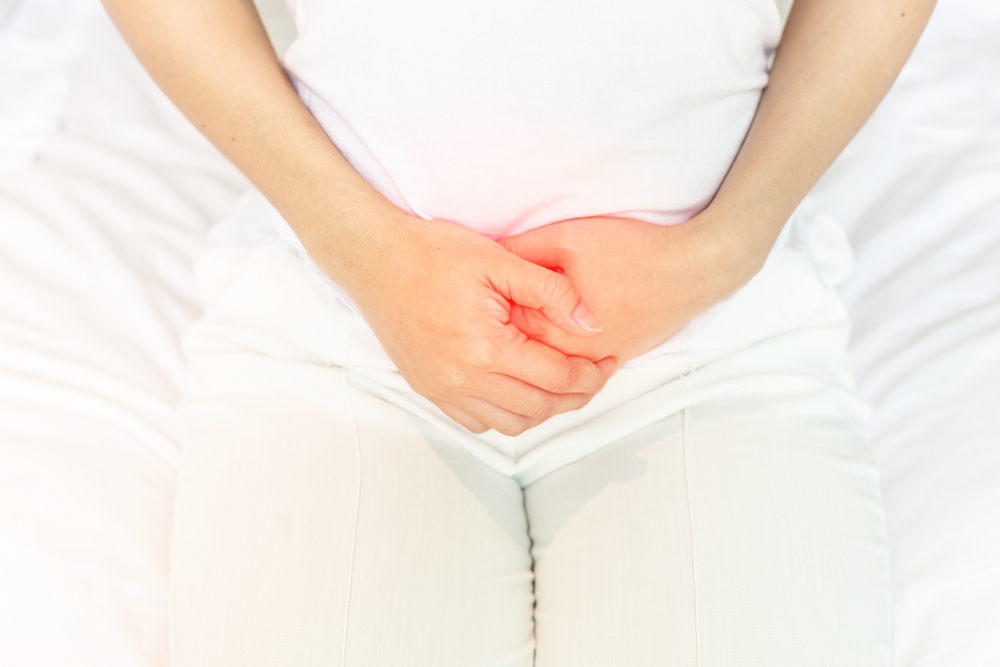DIAGNOSIS
Your doctor likewise will ask whether you’ve had symptoms like skin breakouts, face and body hair growth, and weight gain.
- A pelvic exam can look for any issues with your ovaries or in the different parts of your reproductive
- Blood tests check for higher-than-ordinary levels of male hormones.
- A ultrasound utilizes sound waves to search for unusual follicles and different issues with your ovaries and uterus.
Doctors commonly diagnose PCOS in women who have two of these three symptoms:
- High androgen levels
- Irregular menstrual cycles
- Cysts that develop in the ovaries
TREATMENT
Usual restorative medicines includes:
Conception prevention pills– can help control the menstrual cycle and treat PCOS symptoms like hair development and skin inflammation.
Metformin– is a medication used to treat type 2 diabetes and likewise treats PCOS by enhancing insulin levels.
Clomiphene– is a fertility drug that can assist women with PCOS to get pregnant.
Hair removal prescription– treatment to expel unwanted hair growth.
Surgery– can be one of the alternatives to enhance the possibility of improving fertility and restore the ovary to its normal state of ovulation.


